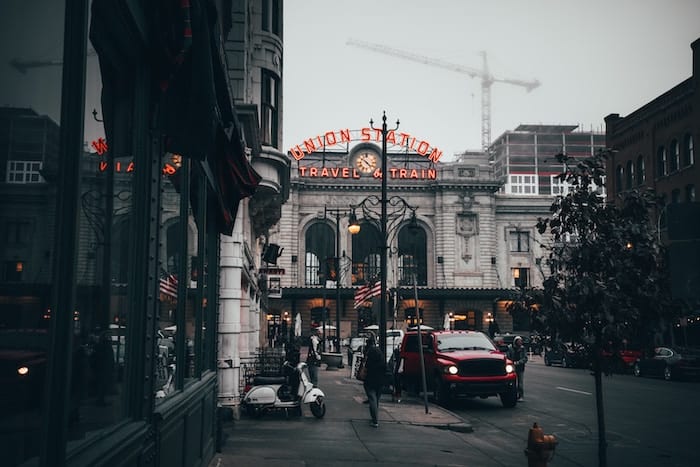Smart Cities Require the Context of Their People

BUILDING DIALOGUE: In the Details
Have you ever noticed that after you buy a new car, you start to notice that model of car everywhere you look? That phenomenon wears off about the same time that the car stops being a shiny new toy and simply becomes a dependable means of getting from point A to point B. I like to think about the city the same way, less shiny new toy and more dependable. But lately it is as if I bought a new city called “smart” because everywhere I look, I see this idea of a smart city.
Everything I read seems to be buzzing about the new “smart” city and my skeptical, initial reaction was that this sounded like the promise of a shiny new toy, distracting from my dependable city because, after all, haven’t cities always been smart? I started to dig into the idea that cities are smart but I got stuck. My hang up was not that cities are “smart,” rather I realized that they are “smarter,” and can keep getting smarter. Smart implies some sort of absolute or static measure, smarter is relative – it relates to context.
Cities are “smarter” than their nonurban counterparts in economic, cultural and political terms. Cities such as Jericho and Istanbul (once Constantinople) have been inhabited and thriving cities for thousands of years, surviving many cultures, states and religions, and they are still going strong. Cities as collections of people produce more art, innovation and wealth than towns, villages or rural areas.
Cities are smart because of people, sure, but there are smart people everywhere. The difference is that cities magnify intellect and ingenuity, creating a hub of people that collectively raises them beyond their individual capacity. When people come together, the more potential that great things happen. Of course there are exceptions, but on the whole, cities are the original network effect, where the value of the whole is amplified beyond the value of the parts. Therefore, if we want to make smarter cities, we need to do more to connect real people in real places.
A sense of place is also an important characteristic of cities but again there are buildings with a sense of place in lots of places beyond cities. In cities that same sense of place is worth more because of the context of buzzing restaurants, businesses, and communities. Location, location, location is just another way of saying “are the right people nearby?”
We not only need to access the “right people” nearby, but also we need to make more of our city’s people the “right people” by expanding access to education, housing, job training and wealth.
The smartest recent place in Denver, Union Station, did a great job creating value by injecting people back into the scene. But even as successful as it is, like most current developments, it only connect a small subset of people and missed the majority. If a city was comprised of only the top few by wealth, education or involvement, we wouldn’t call it a city; we would call it a village. If we want to make our cities even smarter, we not only need to access the “right people” nearby, but also we need to make more of our city’s people the “right people” by expanding access to education, housing, job training and wealth. We need to amp up the network.
The cities we build and live in have value because of the network of connections created by people. In a past article, I pondered expanding our networks, infrastructure and three-dimensionality, to include systems like elevators that we do not normally consider a part of city infrastructure. At that time, I was still thinking of the foundation of the city as plumbing and traffic. Now I challenge us to respond to the idea of a smart city by expanding the definition of critical infrastructure again, this time to include all the people who make it smart.
Is Denver a smart city? Yes. Could it be smarter? Absolutely. To get there, we do not necessarily need the fancy, new thing; we need to expand its most important network: its many diverse people. When we think about cities, we cannot avoid thinking about context. The context of a city is its people; people are the place and the thing.
Published in the March 2019 issue of Building Dialogue.












